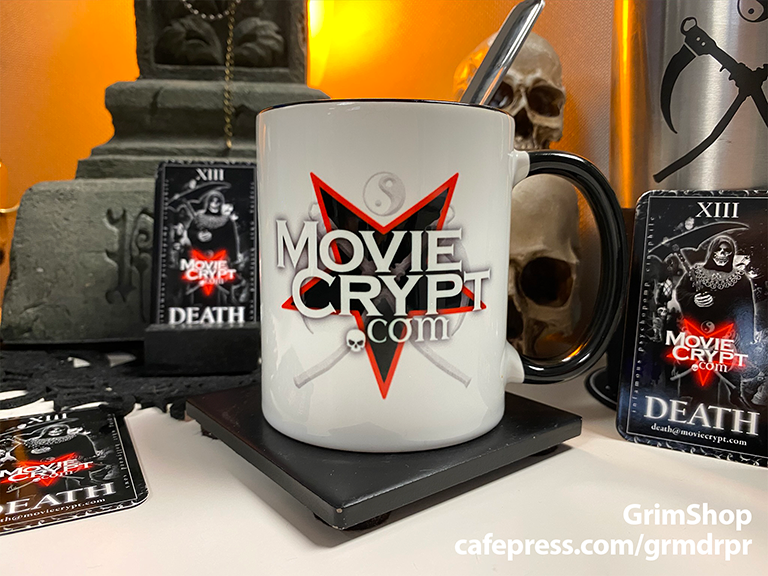A captivating idea whose explanation rips you out of it.
Welcome to Victory: a 1950s planned community where husbands drive off to work and wives take care of the home. Everything is provided for in Victory, from casual shopping to food on the table, but the mystery of what the men actually do all day is one of many secrets the women are discouraged from asking about. When Alice Chambers (Florence Pugh) notices her neighbor Margaret (KiKi Layne) becoming anxious to the point of harming herself, local Dr. Collins (Timothy Simons) diagnoses it as a mild hysteria and nothing to worry about, a sentiment echoed by Alice’s devoted husband Jack (Harry Styles). With only her friend Bunny (Olivia Wilde) as a trusted confidant, Alice suspects there’s more to Victory than meets the eye, all of it pointing toward its cult-of-personality leader Frank (Chris Pine)… but can she convince her husband those suspicions aren’t all in her head?
Early trailers for director Olivia Wilde’s feature sophomore follow-up to Booksmart suggest another reworked version of The Stepford Wives, where menfolk prefer their woman fair, agreeable, and programmed to stay that way. It’s also another opportunity to showcase Florence Pugh in a lead role, a part Wilde reportedly was afraid she’d have to take on herself and double up on filmmaking duties. Media attention covered parallels to “involuntary celibates,” young men both bitter and vocal about their inability to find acceptable (read: subservient) romantic partners, with Wilde even citing intellectual Jordan Peterson as the inspiration for Chris Pine’s character. Termed a “feminist thriller” embracing Fyodor Dostoyevsky’s observation that the best way to keep a prisoner from escaping is to make sure they never know they’re imprisoned, is Pugh’s Alice really trapped in Wonderland, and if so, can she find the Looking Glass to make her escape?
In a world too good to be true while double-dipped in dread, Don’t Worry Darling was almost derailed before opening day due to conflicting reports on-set between the director and actors, but that’s not the focus here. Pugh, Styles, and Pine pour themselves into their roles, expertly shot to create the illusion of upscaled colorized footage from a mid-1950s documentary, eventually slipping into more modern framing as The Victory Project predictably comes unglued. All the earned goodwill grinds to a halt in the third act when we get the presumed twist, one too many films have already done so much more realistically and practically before. Because that concept is so integral to the climax of the film, this reveal does further damage by pushing the main story into the background, dwelling on plot points that tank its so-called big-finish ending.
Somewhere in the Labyrinth, one can almost hear Jareth the Goblin King plead with Sarah: “Just fear me, love me, do as I say, and I will be your slave!” For spouses with the predisposition to enter into such an arrangement willingly, it can work — there’s even a minor plot point made toward the end highlighting that notion. The problem, of course, is everyone who didn’t sign off on having their entire lives gaslit… more so when you consider the kind of person capable of doing such a thing to another person. A real and reciprocal relationship seems far simpler than what’s happening, and due to its nature, so much more could have been manipulated; it defies logic no one would take it farther. It’s like a fantasy story point that requires changing the nature of reality, like a kind of magic, except no one considered the aftereffects such a spell would have on the entire world. Failing to suspend disbelief with even the briefest consideration, the ending falls utterly flat.
Something more fantastic or perhaps better explained could have done wonders to shore up the plot, but it is what it is. The effort and production is all there, and lessons learned will go onto the next project. As an interesting side note, a far better and more thought-out concept already exists; check out Chloë Grace Moretz in Prime Video’s “The Peripheral” to see how one new idea can influence an entire world, or perhaps even more than one.
Don’t Worry Darling is rated R for sexuality, violent content, language, and through dangers untold and hardships unnumbered I have fought my way here to the castle beyond the Goblin City to take back the child you have stolen, for my will is as strong as yours and my kingdom as great — you have no power over me.
Two skull recommendation out of four

